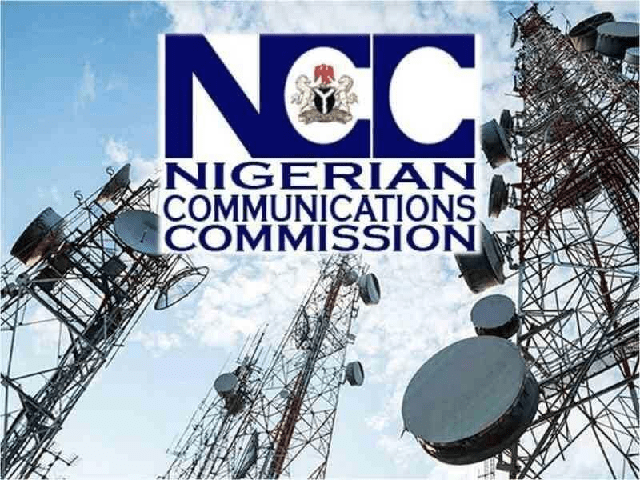Democracy & Governance
The State Of Nigerian Network Providers And The Struggle For Quality Service In Maiduguri -By Aisha Umar Lawan
As the situation continues to unfold, the need for investment in network infrastructure becomes even more apparent. For network providers like MTN and Airtel to succeed in regions like Maiduguri, they must prioritize upgrading their infrastructure to meet modern demands. This includes the installation of more base stations, better coverage in underserved areas, and regular maintenance of equipment. Additionally, improving customer service channels and responsiveness can help rebuild trust among consumers.

Maiduguri, the capital city of Borno State, has been grappling with an ongoing issue: unreliable mobile network services. Over the years, residents have experienced frequent disruptions in services from major network providers, particularly MTN and Airtel. While these providers dominate the Nigerian telecommunication sector, they have failed to meet the growing demands for quality and consistent services in Maiduguri, an issue that has become more pressing as digital connectivity plays a crucial role in modern life.
The challenges faced by Maiduguri residents go beyond mere inconvenience; they affect businesses, students, healthcare providers, and government services. With the increasing reliance on mobile networks for both personal and professional communication, the frequent network failures have created a significant barrier to economic growth and social development. The situation is particularly dire for businesses that rely on seamless connectivity for daily operations, as well as for students who depend on mobile internet for online learning and research.
The root cause of these disruptions is multifaceted. One of the primary reasons is inadequate infrastructure in the region. The network providers, while operating in Maiduguri, have yet to upgrade or expand their infrastructure to meet the needs of a rapidly growing population. This problem is compounded by the effects of insurgency, which has hindered development and maintenance of vital infrastructure. The ongoing security challenges in Borno State, especially in Maiduguri, have made it difficult for network providers to carry out necessary repairs or upgrades. The region’s status as a conflict zone has led to instances where mobile towers have been damaged or destroyed, further aggravating the connectivity issues.
Another factor contributing to the problem is the limited coverage and quality of service in certain areas of Maiduguri. Even in areas with coverage, residents often experience dropped calls, slow internet speeds, or complete signal loss. For businesses that rely on real-time transactions and communication, these disruptions result in lost opportunities and diminished productivity. In a city that is home to thousands of small and medium enterprises, this is a significant setback.
Furthermore, the lack of consistent service is exacerbated by poor customer support. Many residents have voiced their frustration with network providers who fail to address service complaints effectively. In some cases, complaints go unresolved for weeks, leading to a growing sense of dissatisfaction among customers. This lack of responsiveness has prompted many users to demand better service delivery and has even led some to seek alternatives, such as satellite internet, where available.
In response to these issues, there have been growing calls for a review of the regulatory framework governing telecommunications in Nigeria. The Nigerian Communications Commission (NCC), which oversees the industry, has faced pressure from users and advocacy groups to enforce stricter quality of service standards. The NCC has, on occasion, levied fines on network providers for failing to meet service targets, but these penalties have not been enough to drive significant improvements in areas like Maiduguri.
As the situation continues to unfold, the need for investment in network infrastructure becomes even more apparent. For network providers like MTN and Airtel to succeed in regions like Maiduguri, they must prioritize upgrading their infrastructure to meet modern demands. This includes the installation of more base stations, better coverage in underserved areas, and regular maintenance of equipment. Additionally, improving customer service channels and responsiveness can help rebuild trust among consumers.
While the road to resolving the network issues in Maiduguri may be long, there is hope that both the government and telecommunications companies will work collaboratively to address these concerns. As digital connectivity becomes increasingly essential for personal, educational, and professional success, ensuring that Maiduguri residents have access to reliable network services should be a priority. The future of communication in Maiduguri, and other similar regions, depends on the ability of telecommunication providers to meet the needs of their customers and provide a stable foundation for economic and social progress.
Aisha Umar Lawan, Student from Mass Communication Department Borno State University Maiduguri.










